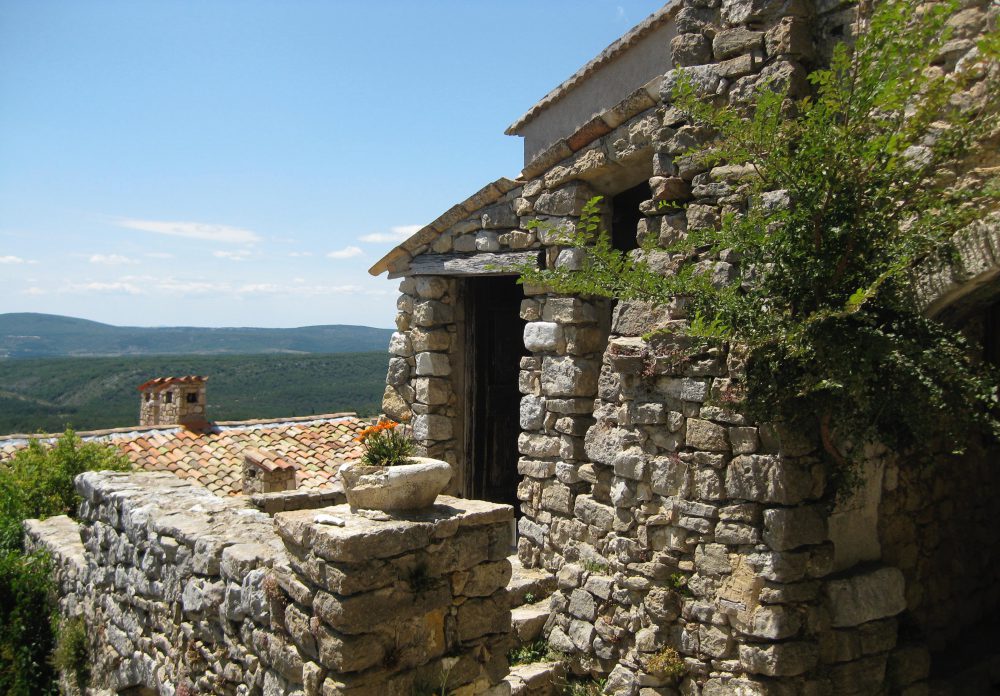The Journey:
It’s been two weeks since EduCon 2012 and lots of posts have been put up since then. I’ve postponed writing until the experience soaked in a bit more. The distance to Philadelphia that late Friday afternoon in January felt farther away from my country lane in Virginia than it would have if I’d left in the morning. However, I was late leaving because I’d been asked to speak at the funeral service of a former colleague. Along with a community of educators, we gathered to offer respect to one who fell from among us too soon. All other agendas were put on hold that day, including Educon.
When I left town late, I knew the 95N beltway battle to head above the Mason-Dixon line would take on a life of its own. I grabbed my navi – a survival necessity in my 21st c “possibles” bag.
This year, the GPS became “Hal” as I merged into the streaming DC traffic that Friday afternoon. I knew I was in trouble when “he” directed me to exit 95N onto Pennsylvania Avenue. ”I’m not that stupid, Hal. There’s no invite to visit from the POTUS in my inbox.” Then, “he” tried to convince me to take a side trip to Annapolis. What that was about? I had no clue why “he” was misleading me so far afield from the planned trip. In his soothing, but illogical, voice, “Hal” insisted I u-turn for miles beyond the Annapolis exit until I finally had the good sense to hit mute. “Dave” could have used that feature back in 2001.
Despite GPS problems, I continued on course up 95N wondering why I was bothering with “Hal” anyway. Stuck with “Hal’s” dysfunction, I began to wonder if “Siri” would be a better option but, then again… . when I found this, I thought maybe not so much.
Wondering as a Starting Point:
In wondering about the learning impact of using navigation systems on human navigation skills, I tried to find a piece of research I’d read some time ago. I couldn’t find the original post, but did find something recent about how our navi-dependency causes us to lose the occasional homing pigeon sensibility we humans use. It caused me to wonder about the importance of those skills in the physical, social, and cognitive worlds we inhabit.
What does it mean to become dependent on today’s mobile devices that exercise place-finding skills on our behalf? What are we NOT learning when we choose to shove old paper maps into the recycling bin or abandon them to the back of a file drawer? What changed when paper maps became ubiquitous, replacing a set of skills that our ancestors considered essential? What did a few generations back think when their children made the move to ESSO road maps?
And, what changed when humans abandoned the dead reckoning and celestial navigation skills used by Lewis and Clark on their trip to near Portland, for example? If in the process of today’s generations abandoning yesterday’s lay map reading, what if the next generation doesn’t learn skills of physical navigation? What changes when the navigation process is fully abandoned to Hal and Siri? Should we worry about the learning implications of that?
Reflection as an Observation Point:
We sometimes forget that technologies have evolved for all time and, as a result, some human skills that once were important are no longer of the same value as to a prior generation. This was as true of life in the caves as of life in today’s 21st century skyscrapers. The evolution of technology sneaks up on the general population, often a surprise to the psyche. Like other generations we mostly resist letting go of the old and adopting the new. It’s why I’m only half committed to using “Hal” when I travel. I don’t really trust in the GPS for both mystical and real life reasons. If I feel that – and I’m pretty open to using new technologies – how does that play out in people who aren’t adopting or adapting to the rapid tech changes in every aspect of our lives- cars, homes, entertainment, medicine, education, government and … social media?
I sometimes hear, “what will society do, if all these computers fail?” Now that’s a good question, one that likely parallels the “yea, but” thinking of monks in response to the printing press and buggy whip makers regarding the Model T. It’s a fact of life that turning points take time and the “imaginators” pushing the flywheels of change on those points often take hits on their journeys. They certainly have been on the receiving end of a lot more “yea buts’ than @djakes’ “what ifs” as they’ve pushed beyond the envelope of invention, travel, engineering, and mapping the world and beyond over the past few thousand years.
Arrival as a Point of Departure:
As I drove into Philly with just a bit of sun setting behind the city, I was reminded that I’ve learned to appreciate the concept of “city” from my son. In some ways, Twitter also has expanded my tolerance of city as I’ve formed virtual connections with folks from all over the world, many of whom live in and love their cities. When I hang out with people who represent diverse backgrounds and perspectives, I find myself trying out new ways of thinking.
 I’m a country kid, but I’ve learned, within certain parameters, to find joy in cities. I like to look up and down (and yes, I know that act alone labels me to street people) to soak in intricate cornices of buildings, skyscraper reflections, signage over doorways, ancient wooden doors, steaming grates, and the wrought iron that often wraps around old churches.
I’m a country kid, but I’ve learned, within certain parameters, to find joy in cities. I like to look up and down (and yes, I know that act alone labels me to street people) to soak in intricate cornices of buildings, skyscraper reflections, signage over doorways, ancient wooden doors, steaming grates, and the wrought iron that often wraps around old churches.
I think about how people are kept out and in within cities. Paths and sidewalks funnel people to and from buildings. Country people learn to navigate differently than my city friends.
I’ve learned to wander the woods along my country lane, in swamps, up and down mountains, straddling fences, and navigate the way home using a downed poplar tree, a greenstone outcropping, the sun, or a path well traveled by deer. In Denver for a conference, I learned from walking with a city friend that urban and rural kids grow up learning to navigate differently. I thought about how I mostly used a kind of dead reckoning as I took the risk to move alone to and from EduCon – albeit with the capability to phone @beckyfisher73, text Jeff the Educon concierge, or access a navi app on my own phone.
In reflecting about my use of multiple navigation systems to travel to and from Philadelphia, I’ve thought about old tech, new tech, old strategy, new strategy, and my appreciation of the accessibility of all. I am a different navigator with my tools than my father was. He also became a different navigator from his “three sees” father.
EduCon 2.4 as a Learning Point:
I always learn when I’m with people of diverse experiences, capabilities, and interests. Educon and a few other conferences remind me of the old style tribal or mountain folk Rendezvous. EduCon attendees individually and through a variety of communities connect throughout the year, but value the coming together face to face with a full community. Just like our ancestors, we go to Philly to exchange ideas in the corridors and around the tables, break bread at local watering holes, share artifacts at session campfires, and cross-pollinate in conversation while we wait for sessions to begin and end. We share what’s in our “possibles” bags and take possibilities away with us when we leave.
This year, voices emerged from all over about the informal connections of conferences as having as much worth as formal activities such as keynotes and panels. They both offer opportunities through different pathways and that’s important to remember. There’s no right or wrong path to learning.
My navigation adventures in the city along planned, formal pathways led me to built, indeed structured, environments that challenged me to wonder and observe and ask questions about things I do not know. At the same time, I value the informal trails of my Virginia mountains where I can wander on my own terms through a natural environment. The natural environment also holds different kinds of mysteries that push me to wonder, observe and question. While I am learning to use navigation tools and improve my skills in the city, I sustain my capability to move around in the woods. As a result, I am a better personal navigator today than twenty years ago.
In reflecting back on EduCon 2.4, my experiences remind me that our personal learning needs get met in different ways – sometimes formally and sometimes informally. We learn from both scenarios how to navigate through learning, life, and space.
EduCon participants explore horizons. The role of explorer may seem pretty cool when we’re learning history but when you’re an explorer, the world you’re traveling through can feel pretty perilous. That emerged in some of the discussions among those attending Educon, both formally and informally. As a colleague reminded me recently, “the pioneers got the arrows, and the settlers got the land.” EduCon participants struggle with navigating the unknowns of education’s frontiers just as those who pushed beyond boundaries always have. Coming together seems to renew the energy needed by boundary pushers in this “Age of Educational Exploration” whether it’s @chrislehmann in his ongoing leadership at SLA or @dancallahan in a new teaching position.In reflection, understanding navigation as a lifelong learning competency seems to be a take away for me from my Educon 2.4 journey. It wasn’t a session really but it was an underlying theme for me during the weekend and since.
After all, isn’t this a big question for educators pushing into new territory and through old boundaries of the past:
How do we successfully navigate ourselves, and those who explore and settle new frontiers of learning with us, into the coming decades of this century?
By the way, I turned “Hal” off on the way home. Enough said.





